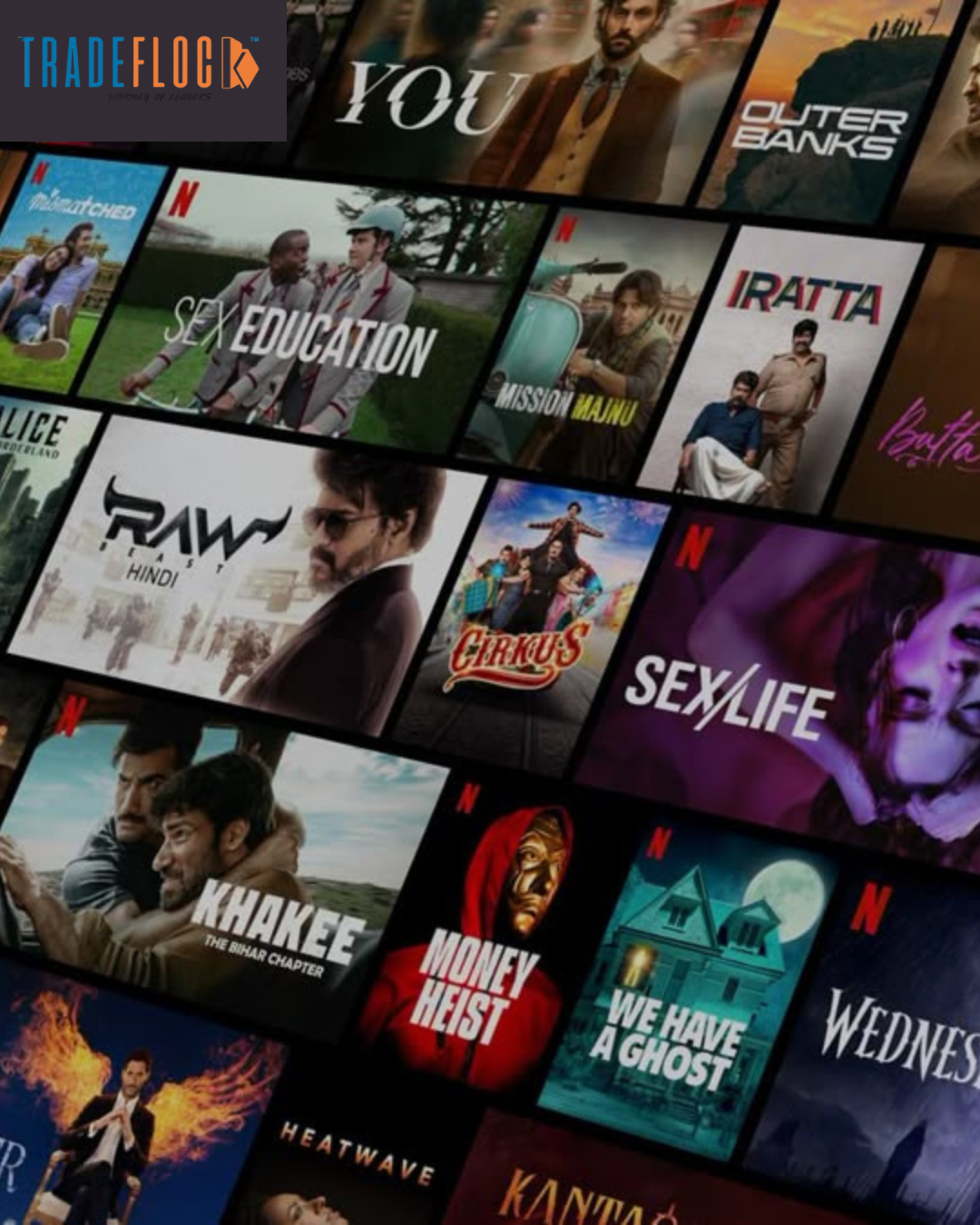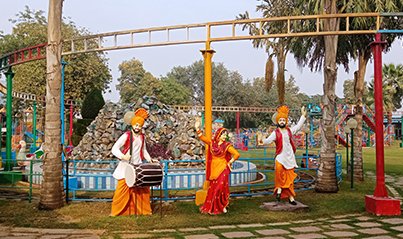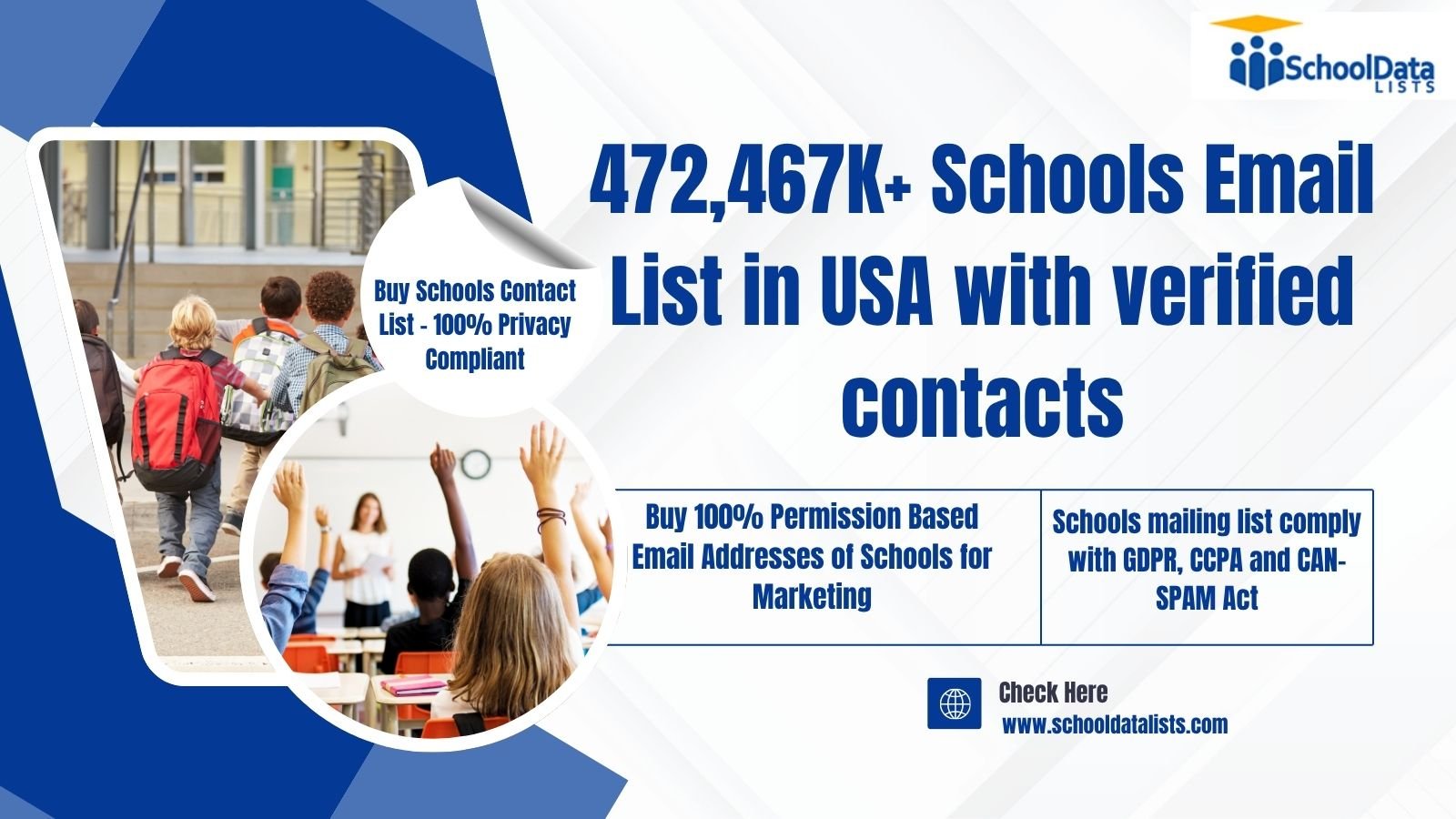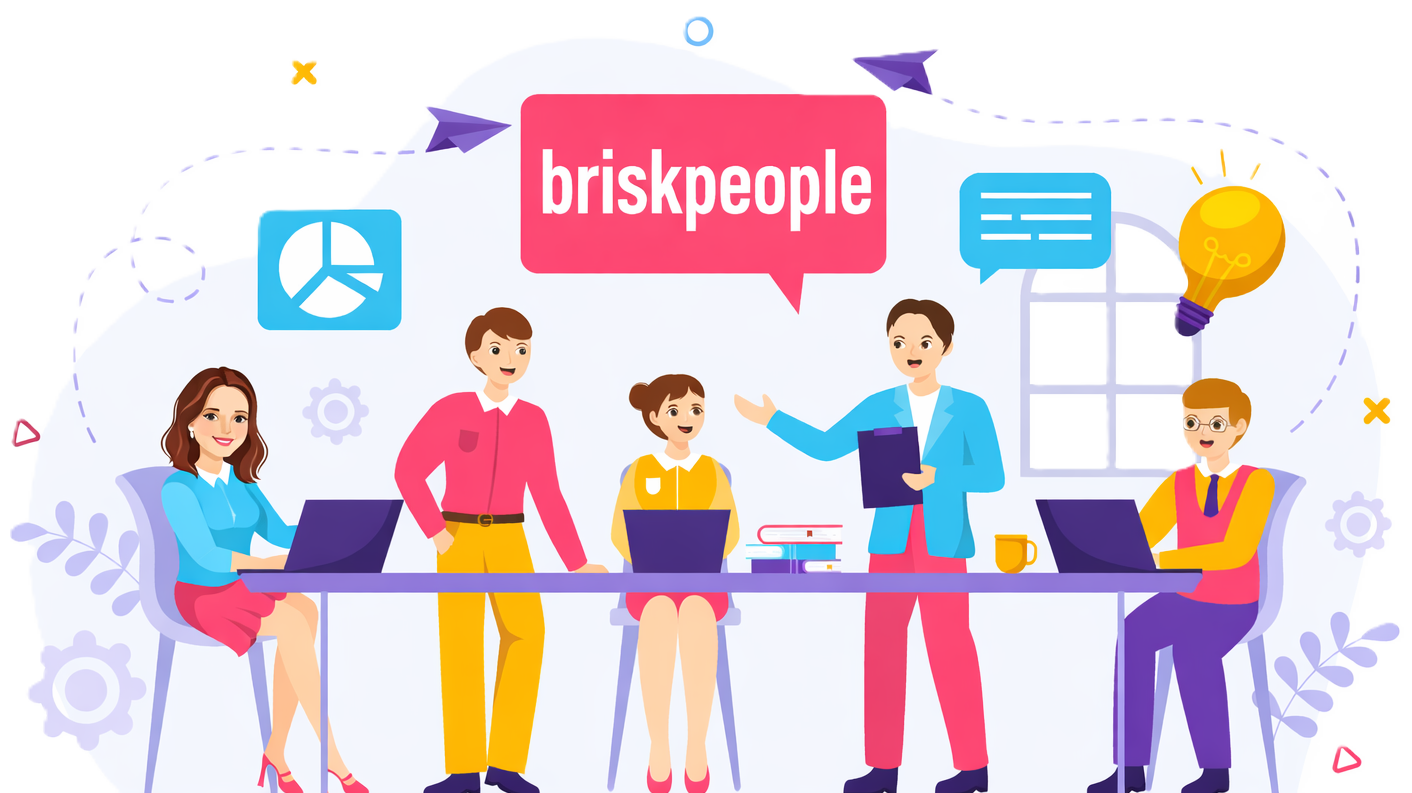In India, this transformation has extended to the political arena, where social media marketing has become essential for shaping political campaigns, engaging voters, and influencing public opinion.
In the last decade, Indian politicians and political parties have embraced platforms like Facebook, Twitter, Instagram, and WhatsApp as powerful tools to connect with voters, spread messages, and even manage crises. Social media marketing is now a driving force in Indian politics, revolutionizing political campaigns.
Direct Communication with Voters
One of the most significant ways social media marketing shapes Indian politics is by enabling direct communication between political leaders and voters. In the past, political leaders relied on traditional media outlets like TV, radio, and newspapers to broadcast their messages. These platforms often involved a one-way communication channel, where voters had limited opportunities to interact with their leaders.
Social media has broken down these barriers. Now, political leaders can communicate directly with millions of voters in real-time, addressing concerns, responding to questions, and sharing updates. Platforms like Twitter and Facebook allow instant feedback, enabling politicians to gauge public sentiment and adjust their messaging accordingly. Whether through live-streaming rallies, posting updates, or engaging with citizens in the comments, social media gives politicians a more personal connection to the electorate.
This level of engagement has made politicians more accessible and relatable to voters, helping to build trust and credibility. Political leaders no longer rely solely on traditional media to deliver their messages—they take control of their narrative on social media, communicating directly with the public.
Targeted Campaigns and Voter Segmentation
Social media marketing offers unparalleled opportunities for targeted campaigning. Unlike traditional media, which reaches a broad and generalized audience, social media allows political marketers to segment voters based on age, location, interests, and online behavior. This data-driven approach enables political parties and candidates to craft highly targeted messages that resonate with specific voter groups.
For example, a campaign may target young voters on Instagram and Facebook with messages about job creation and economic opportunities while reaching out to rural voters on WhatsApp with messages about agricultural reforms and rural development. This precision in targeting helps political parties tailor their messages to the needs and aspirations of different demographic groups, ensuring that their content reaches the right people at the right time.
Moreover, social media platforms offer sophisticated analytics that help campaigns track engagement levels, measure the effectiveness of their messages, and fine-tune their strategies. Through these insights, political marketing agencies can continuously optimize campaigns to improve voter engagement and maximize their impact.
Building a Political Brand
Social media is also crucial for building and maintaining a political brand. In today’s election landscape, a candidate’s image and persona are as vital as their policies. Social media marketing helps political parties and leaders shape their brands, promoting their values, vision, and accomplishments in ways that resonate with voters.
A well-managed social media presence allows politicians to showcase their leadership qualities, share their personal stories, and create an emotional connection with the electorate. Politicians use platforms like Instagram and Twitter to share behind-the-scenes glimpses of their lives, interact with followers, and build a more relatable and approachable image.
In addition to personal branding, social media allows parties to promote their ideologies and manifestos creatively. Short videos, infographics, and memes can communicate policy ideas in a more engaging and easily digestible format. By aligning the leader’s brand with the party’s values, social media marketing helps create a cohesive, compelling narrative that appeals to voters.
Mobilizing Voters and Boosting Engagement
Social media marketing plays a crucial role in voter mobilization. Reaching voters and encouraging them to participate in the democratic process is no easy task in a country with over a billion people. Social media provides an effective platform for rallying support, encouraging voter turnout, and promoting civic engagement.
Political campaigns use social media to organize rallies, fundraisers, and events, creating a sense of excitement and urgency around the election. Political leaders also leverage social media to encourage young voters to register and cast their ballots. By running targeted campaigns and utilizing hashtags, they increase voter awareness and create a sense of collective responsibility.
In addition, social media platforms make it easier for political parties to reach and engage with younger, tech-savvy voters who are often less engaged with traditional political campaigning. Shareable content, polls, and interactive posts ensure that followers actively participate in the conversation, further boosting the campaign’s visibility and reach.
Managing Crises and Controlling the Narrative
In today’s 24/7 news cycle, political campaigns are vulnerable to crises, controversies, and misinformation. Social media has become vital for managing these challenges and controlling the narrative. Political leaders and parties can respond quickly to negative news, clarify misunderstandings, and counter false information with their messaging.
For example, suppose a candidate faces a scandal or controversy. In that case, social media offers a platform to issue statements, share their side of the story, and directly engage with supporters to minimize damage. A well-coordinated social media response can help politicians weather a crisis and even turn it into an opportunity to strengthen their public image.
Moreover, social media allows campaigns to address rumors and misinformation quickly. In a country like India, where WhatsApp and Facebook are frequently used to spread fake news, social media marketing agencies help political parties monitor digital conversations and respond swiftly to prevent the spread of false information.
Creating Viral Campaigns and Engaging Content
Social media thrives on shareable, engaging content, and political marketing agencies have learned how to create campaigns that go viral. From catchy hashtags to meme campaigns, viral content can spread a political message to millions of people in a matter of hours. This viral effect can significantly increase candidates’ visibility and amplify their message to a broader audience.
Campaigns often use humor, emotional appeal, or cultural references to create viral content that resonates with voters. By capitalizing on trending topics and memes, political marketing agencies craft messages that connect with citizens’ everyday lives, making politics more relatable and accessible.
















Leave a Reply